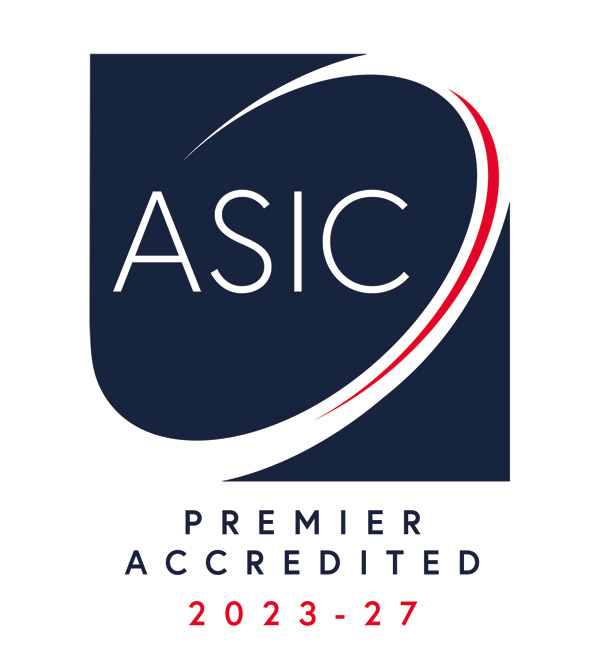
Qualifi Level 4 Diploma in IT – Networking
Programme Overview
The Qualifi Level 4 Diploma in IT – Networking at BSMS is designed to provide learners with a comprehensive understanding of networking principles and skills within the information technology (IT) industry. This qualification serves as a career pathway for individuals aspiring to develop a robust knowledge base and practical skills essential for various roles in networking, such as network administration, network security, and network engineering. Accredited at Level 4 with a total equivalence of 120 credits, this diploma equips learners with internationally recognized technical competencies required for success in the dynamic IT networking field.
Apply Now Register your InterestWhy choose this programme?
Choosing the Qualifi Level 4 Diploma in IT – Networking at BSMS offers several advantages for individuals interested in pursuing a career in IT networking. This programme provides a solid foundation in IT principles and their application in diverse business environments, enhancing learners' employability and versatility in the IT industry. By exploring the practical application of management theories in the IT networking context, learners gain valuable insights into problem-solving techniques tailored to business and industry needs. Additionally, this programme emphasizes the development of critical skills such as information analysis, effective communication, teamwork, independent work, and personal growth management, preparing learners to thrive in networking roles and contribute effectively to organizational success.Key Facts
These key facts provide essential information about the qualification's level, accreditation, credit value, progression routes, and availability, highlighting its recognition and suitability for learners interested in IT networking careers.
| Qualification Type | Regulated Qualification Framework (RQF) |
|---|---|
| Level | 4 |
| Accreditation Status | Accredited |
| Credit Equivalency | 120 credits |
| Qualification Number (RQF) | 603/4782/X |
| Progression Routes | The QUALIFI Level 5 Diplomas in IT; the second year of undergraduate study in Computer Science, Information Technology, or related fields; or directly into employment in an associated profession. |
| Availability | Offered in the UK and internationally |
Entry Requirements
- Demonstrate proficiency and possess qualifications at Level 3, such as 'A' Levels or vocational awards, indicating a foundational understanding of relevant subjects.
- Have experience in an organizational role, demonstrating capability and drive to develop skills and knowledge related to IT networking.
- Be seeking further professional development and aiming to acquire work-related skills and know-how in the IT networking field.
Progression Route
Upon successful completion of the Qualifi Level 4 Diploma in IT – Networking at BSMS, learners have several progression routes to consider:
- The QUALIFI Level 5 Diplomas in IT: Graduates can advance to the Level 5 Diplomas in IT offered by QUALIFI, which provide further specialization and depth in various areas of Information Technology, preparing learners for advanced roles in IT networking and related fields.
- Second Year of Undergraduate Study: Another option is to progress directly into the second year of undergraduate study in Computer Science, Information Technology, or related fields at a recognized university. This pathway allows learners to continue their academic journey and gain a higher level of qualification in their chosen area of study.
- Employment in an Associated Profession: Graduates can also choose to enter directly into employment in an associated profession within the IT networking industry. This option enables learners to apply their knowledge and skills in real-world scenarios, gaining valuable work experience and further developing their expertise in IT networking.
Programme Modules
- Information Technology and IT Ethics
- Mathematics and Statistics for IT
- PC Maintenance and Operating Systems
- Computer Graphics Editing and Database Concepts
- Logical IT Networking
- Physical IT Networking
Learning Outcomes
- To understand and apply the principles of IT in a range of business environments
- To understand and apply the principles in a specific environment
- To improve the employability of learners by allowing them to explore the relationship between management theories and their practical application in the IT world
- Analyse problem solving techniques specific to business and industry
- Select, collate, review and analyse information form a wide range of sources
- Effectively use verbal and communication skills
- Work independently and as part of a team
- Manage one’s own personal development and growth
Assessment
The assessment for the Qualifi Level 4 Diploma in IT – Networking at BSMS is designed to evaluate learners' understanding, application, and proficiency in the key areas covered by the modules. The assessment methods include written exams, practical assessments, projects, and presentations. These assessments are structured to assess learners' theoretical knowledge, practical skills, problem-solving abilities, and critical thinking in IT networking. Additionally, the assessment process is aligned with the learning outcomes of each module, ensuring that learners demonstrate competence in areas such as information technology ethics, mathematics and statistics for IT, PC maintenance, operating systems, computer graphics editing, database concepts, logical and physical networking.
